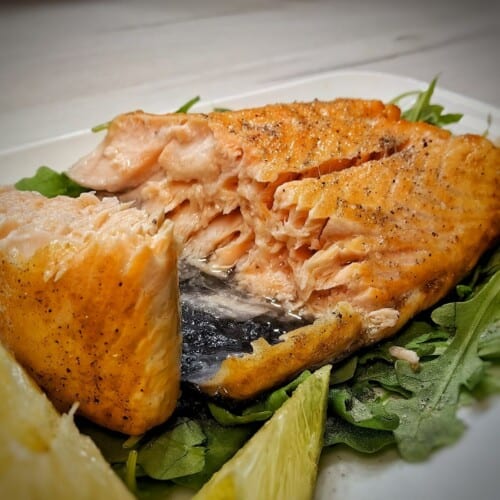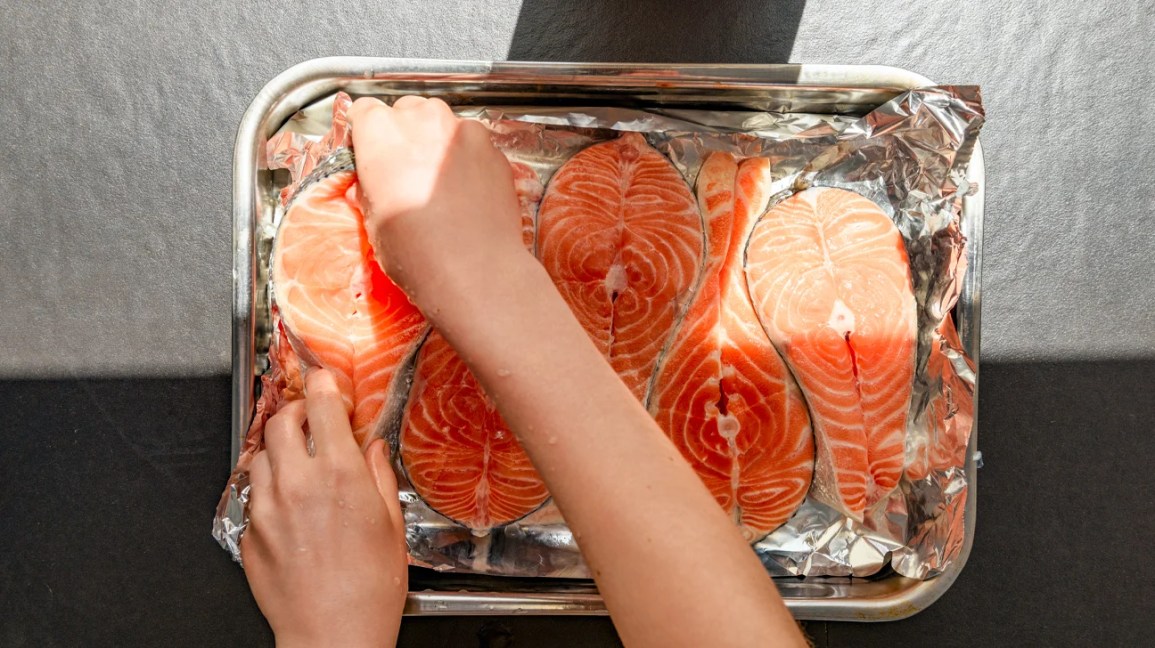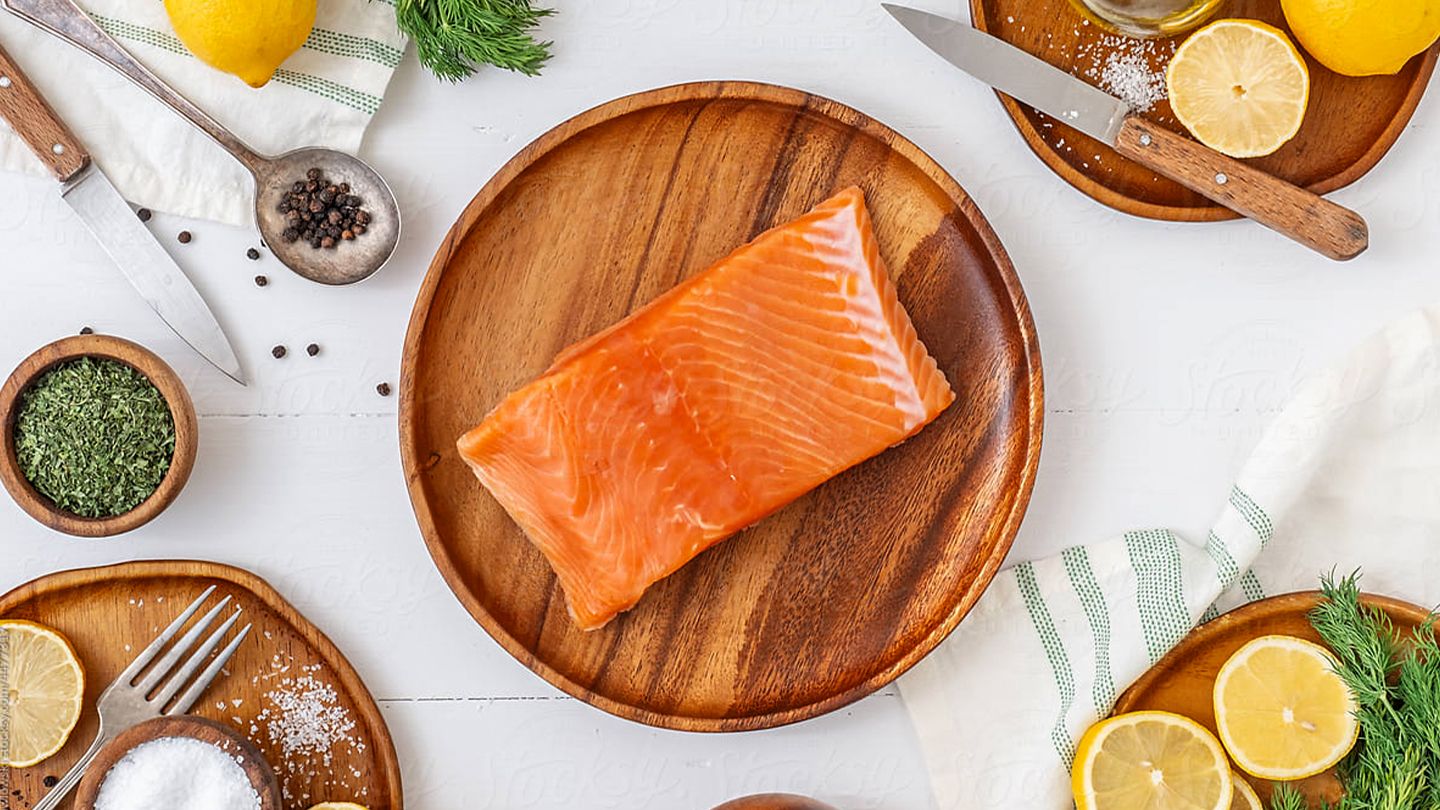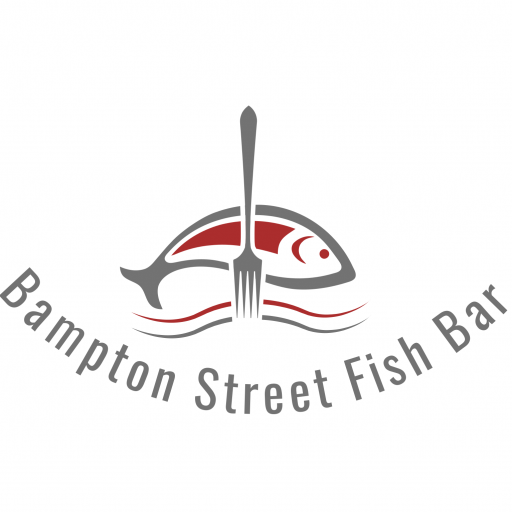Introduction

Iron is an essential mineral that plays a crucial role in our overall health. It is responsible for transporting oxygen throughout the body and supporting the production of red blood cells. While meat is often recognized as a rich source of iron, many people are unaware of the iron content in seafood, particularly salmon. In this article, we will examine the iron content in salmon and its importance in our diet. By understanding the nutritional profile of salmon and the factors that affect iron absorption, we can make informed decisions about incorporating this nutrient-rich fish into our meals.
Importance Of Iron In The Diet
Iron is crucial for maintaining overall health as it plays a vital role in various bodily functions. It is a key component of hemoglobin, the protein responsible for carrying oxygen to cells and tissues. Iron also helps in the production of red blood cells, which are essential for providing energy to the body. Additionally, iron is involved in enzymatic reactions and supports cognitive function and immune system health. Including iron-rich foods like salmon in the diet is important to prevent iron deficiency and ensure optimal bodily functions. [1]
Overview Of The Iron Content In Different Foods
Iron can be found in a variety of foods, both plant-based and animal-based. Some of the top sources of iron include red meat, poultry, seafood, legumes (such as lentils and beans), tofu, spinach, and fortified cereals. It’s important to note that the type of iron found in plant-based foods (non-heme iron) is not absorbed as efficiently as the iron found in animal-based foods (heme iron). However, consuming vitamin C-rich foods along with plant-based sources of iron can enhance its absorption. It’s recommended to include a diverse range of iron-rich foods in your diet to meet your daily iron needs.
Iron Content In Salmon

Salmon is not only a delicious and nutritious seafood option, but it also contains a moderate amount of iron. A 3-ounce serving of cooked salmon provides approximately 1.4 milligrams of iron, which is equivalent to 7% of the recommended daily value (DV). While salmon may not be as high in iron as some other foods, it still contributes to your overall iron intake. Incorporating salmon into your diet can be a great way to enjoy a tasty meal while also receiving the benefits of this essential mineral.
Nutritional Profile Of Salmon
Salmon is not only a rich source of iron but also provides various other important nutrients. It is high in protein, healthy fats like omega-3 fatty acids, and vitamin B12. Additionally, salmon contains vitamin D, selenium, and potassium. These nutrients play vital roles in maintaining overall health. The omega-3 fatty acids in salmon have been linked to reducing inflammation, supporting heart health, and improving brain function. With its impressive nutritional profile, including iron, salmon is a nutritious choice to incorporate into a balanced diet.
Iron Content In Raw Salmon
Raw salmon is a good source of iron, providing approximately 0.99 milligrams of iron per 100 grams. This iron content remains relatively stable whether the salmon is consumed raw or cooked. It is important to note that cooking methods may affect the overall nutritional value of the salmon, but the iron content remains consistent. Therefore, whether you enjoy raw salmon in sushi or prefer it cooked, you can still benefit from its iron content. Incorporating raw or cooked salmon into your diet is a delicious and nutritious way to meet your iron needs. [10]
Factors Affecting Iron Absorption

Factors that can affect the absorption of iron from salmon and other sources include dietary factors and cooking methods. Certain substances in the diet can enhance or inhibit iron absorption. For example, vitamin C is known to enhance the absorption of non-heme iron, while phytates and tannins found in some plant-based foods can inhibit its absorption. Cooking methods can also influence iron absorption. For instance, cooking salmon with acidic ingredients like lemon juice can increase the bioavailability of iron. On the other hand, cooking techniques that involve high heat or long cooking times may lead to some loss of iron.
Dietary Factors That Affect Iron Absorption
Several dietary factors can impact the absorption of iron from salmon and other sources. Vitamin C, found in foods like citrus fruits and bell peppers, enhances the absorption of non-heme iron. On the other hand, substances like phytates and tannins, present in some plant-based foods like whole grains and tea, can inhibit iron absorption. Consuming these inhibitory substances in the same meal as iron-rich foods may decrease the amount of iron absorbed by the body. Therefore, it is important to consume iron-rich foods with vitamin C-rich foods to promote optimal iron absorption.
How Cooking Methods Impact Iron Content In Salmon
The cooking method used can affect the iron content in salmon. Overcooking or prolonged exposure to high heat may lead to a loss of iron in the fish. Iron is a sensitive nutrient that can be easily damaged by heat. To preserve the iron content, it is recommended to lightly cook salmon and avoid overcooking. Steaming, baking, or poaching are cooking methods that can help retain the iron content in salmon better than frying or grilling. By choosing cooking methods that are gentle and require shorter cooking times, you can ensure that the iron content in salmon is preserved for maximum nutritional benefit.
Health Benefits Of Iron In Salmon

Salmon, being a good source of iron, offers several health benefits. Iron plays a crucial role in the body, as it is necessary for the production of hemoglobin, the protein responsible for carrying oxygen in the blood. Here are some of the health benefits of consuming iron-rich foods like salmon:
- Boosts Energy Levels: Iron helps in the production of red blood cells, which transport oxygen to the body’s tissues. Sufficient iron intake from salmon can prevent iron-deficiency anemia and promote overall energy levels.
- Supports Brain Function: Iron is important for proper brain function and cognitive development. Consuming iron-rich foods like salmon can enhance memory, concentration, and overall brain health.
- Strengthens Immune System: Iron is essential for a healthy immune system. It aids in the production of immune cells, such as white blood cells, which help fight off infections and diseases.
- Promotes Healthy Pregnancy: Iron is especially important for pregnant women, as it supports the growth and development of the fetus. Consuming iron-rich foods like salmon during pregnancy can help prevent iron-deficiency anemia and ensure optimal maternal and fetal health.
- Supports Muscle Health: Iron plays a role in maintaining healthy muscles. It aids in the production of myoglobin, a protein that helps store and transport oxygen within the muscles. Adequate iron intake from salmon can support muscle strength and proper functioning.
Including iron-rich foods like salmon in your diet can provide these health benefits and ensure a well-rounded nutritional profile.
Role Of Iron In The Body
Iron plays a crucial role in the body, as it is necessary for the production of hemoglobin, the protein responsible for carrying oxygen in the blood. It helps transport oxygen to the body’s tissues and organs, enabling them to function properly. Iron is also involved in energy production, as it is a key component of enzymes involved in cellular respiration. Additionally, iron is essential for proper brain function and cognitive development. It supports the immune system by aiding in the production of immune cells, and it plays a role in maintaining healthy muscles. Consuming iron-rich foods like salmon can ensure the body has an adequate supply of iron to support these vital functions.
Health Benefits Of Consuming Iron-rich Foods Like Salmon
Consuming iron-rich foods like salmon can provide numerous health benefits. Iron is vital for the production of hemoglobin, which helps transport oxygen throughout the body. Adequate iron intake supports proper brain function, cognitive development, and immune system function. Iron also plays a crucial role in energy production and maintaining healthy muscles. Including iron-rich foods in the diet, such as salmon, can help prevent iron deficiency and promote overall health and well-being. Enjoying a serving of salmon regularly can contribute to meeting the body’s iron needs and supporting these important bodily functions. [21]
Comparing Iron Content In Salmon And Other Foods

When it comes to iron content, salmon holds its own among other commonly consumed foods. While there are some foods that contain higher levels of iron, salmon remains a nutritious option. Here’s a comparison of the iron content in 100 grams of different foods:
- Cooked salmon: 0.6-1.0 mg of iron (depending on the species)
- Lean beef: 2.9 mg of iron
- Spinach (cooked): 3.6 mg of iron
- Lentils (cooked): 3.3 mg of iron
- Chickpeas (cooked): 2.9 mg of iron
Although salmon may not have the highest iron content, it still provides a substantial amount of this essential mineral and offers additional health benefits due to its omega-3 fatty acids and other nutrients.
Comparison Of Iron Content In Salmon With Other Commonly Consumed Foods
When comparing the iron content in 100 grams of different commonly consumed foods, salmon falls within a moderate range. Cooked salmon contains approximately 0.6-1.0 mg of iron, depending on the species. While there are other foods that contain higher levels of iron, such as lean beef, spinach, lentils, and chickpeas, salmon still offers a substantial amount of this essential mineral. Additionally, salmon provides the added benefits of omega-3 fatty acids and other nutrients, making it a nutritious choice for incorporating iron into your diet.
How Salmon Stacks Up Against Other Iron-rich Sources
When comparing the iron content in 100 grams of different commonly consumed foods, salmon falls within a moderate range. Cooked salmon contains approximately 0.6-1.0 mg of iron, depending on the species. While there are other foods that contain higher levels of iron, such as lean beef, spinach, lentils, and chickpeas, salmon still offers a substantial amount of this essential mineral. Additionally, salmon provides the added benefits of omega-3 fatty acids and other nutrients, making it a nutritious choice for incorporating iron into your diet.
Conclusion

In conclusion, salmon does contain iron, although the amount may vary depending on the species and cooking method. While there are other foods that are higher in iron content, salmon still offers a moderate amount of this essential mineral. Incorporating salmon into your diet can provide not only iron, but also the added benefits of omega-3 fatty acids and other nutrients. To maximize iron absorption, it is important to consider dietary factors and cooking methods. Overall, salmon can be a nutritious choice for meeting your iron needs.
The Verdict: Does Salmon Have Iron?
In conclusion, salmon does contain iron, although the amount may vary depending on the species and cooking method. While there are other foods that are higher in iron content, salmon still offers a moderate amount of this essential mineral. Incorporating salmon into your diet can provide not only iron, but also the added benefits of omega-3 fatty acids and other nutrients. To maximize iron absorption, it is important to consider dietary factors and cooking methods. Overall, salmon can be a nutritious choice for meeting your iron needs. [31][32]
Tips For Incorporating Iron-rich Foods Into Your Diet
To increase your iron intake, here are some tips for incorporating iron-rich foods into your diet:
- Include lean meats like beef or poultry in your meals. These meats are not only high in iron but also provide high-quality protein.
- Add legumes such as lentils, chickpeas, and beans to your meals. These plant-based sources are rich in iron and also provide fiber.
- Incorporate dark, leafy greens like spinach and kale into your salads, stir-fries, or smoothies. These greens are packed with iron and other essential nutrients.
- Snack on iron-rich foods like nuts and seeds, which make a healthy and convenient choice.
- Consume fortified cereals or bread, which are often enriched with iron.
- Pair iron-rich foods with vitamin C-rich foods like citrus fruits, berries, or bell peppers, as vitamin C enhances iron absorption.
Remember to consult with a healthcare professional or registered dietitian to determine the appropriate dietary intake of iron for your specific needs.
Frequently Asked Questions about Iron Content in Salmon
Q: Does salmon contain iron?
A: Yes, salmon does contain iron.
Q: How much iron does salmon have?
A: The exact amount of iron in salmon can vary depending on the size, type, and preparation method. On average, however, a 3-ounce (85 grams) serving of cooked salmon contains approximately 0.5 to 0.7 milligrams of iron.
Q: Is the iron in salmon easily absorbed by the body?
A: Yes, the iron found in salmon is considered highly bioavailable, making it easy for the human body to absorb. This is because salmon contains heme iron, which is more readily absorbed compared to non-heme iron found in plant-based sources.
Q: Why is iron important for the body?
A: Iron is an essential mineral that plays a key role in the production of hemoglobin, a protein responsible for transporting oxygen from the lungs to all parts of the body. Iron is also involved in several enzymatic reactions and aids in maintaining a healthy immune system.
Q: Can consuming salmon help prevent iron deficiency?
A: Including salmon in your diet can certainly contribute to maintaining healthy iron levels and prevent iron deficiency. However, it is important to note that salmon should be a part of a well-balanced diet that includes other iron-rich foods as well.
Q: Are there other nutrients in salmon that assist iron absorption?
A: Yes, salmon contains other nutrients that can assist in iron absorption. For instance, vitamin C, found in many fruits and vegetables, can enhance the absorption of non-heme iron. Including foods rich in vitamin C along with salmon can optimize iron absorption.
Q: What are some other sources of dietary iron?
A: In addition to salmon, there are many other foods that are rich in iron. These include lean meats, poultry, fish, legumes, tofu, fortified cereals, spinach, kale, and other leafy greens.
Q: How much iron do I need per day?
A: The recommended daily intake of iron varies depending on factors such as age, sex, and overall health. For adult males aged 19 to 50, the recommended amount is 8 milligrams per day, while adult females in the same age range need 18 milligrams per day. It’s always best to consult a healthcare professional to determine your specific iron requirements.
Q: Can consuming excessive amounts of iron be harmful?
A: While it is important to meet your daily iron requirements, consuming excessive amounts of iron can be harmful. Iron overload can lead to various health issues, so it is crucial to maintain a balanced intake of iron through a healthy diet.
Q: Can individuals with iron-related health conditions consume salmon?
A: It is generally safe for individuals with iron-related health conditions, such as hemochromatosis, to consume salmon. However, it’s advisable to consult with a healthcare provider or registered dietitian to determine suitable dietary recommendations based on individual health needs.

A small, independently run fish and chip shop using quality ingredients cooked freshly in our kitchen to ensure great tasting food. All of our drinks are in glass bottles, and all of our takeaway packaging is recyclable or compostable to help reduce our impact on the environment.